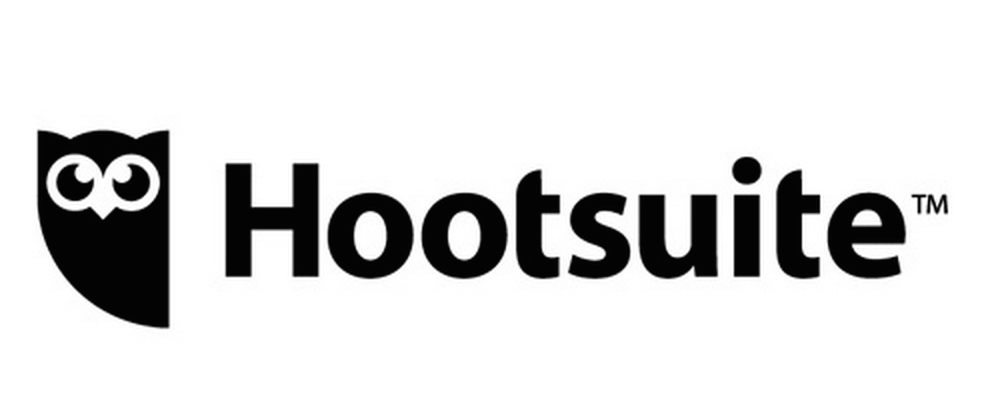
Social media has become a cornerstone of consumer life. The Pew Center points out that as of January 2014, 74 percent of American adults use social networking sites.
The trend makes sense, as platforms like Facebook, Twitter, Instagram and Pinterest make it extremely easy for online audiences to organize the things—social relationships, birthdays, products and photos—that are most important to them.
When it comes to the workforce, however, there is an arbitrarily fine line between personal and professional identity. Many organizations implement a “no social media while on duty” policy, leaving team members feeling uncomfortable about mixing what they’re doing at work and in their spare time.
In some situations, organizations have no social media at all, which is even more awkward, as employees often feel guilty about browsing Facebook and Twitter at work.
The fact is that your company needs to think about its social media policy in realistic and constructive ways. For one, employee disengagement tends to be the norm rather than the exception. According to Gallup, only 13 percent of employees consider themselves engaged at work. Not to mention, organizations that devalue social media are potentially missing out on marketing opportunities.
As one study from 2012 points out, 78.6 percent of salespeople using social media outperformed their peers and generated business through social channels. Imagine what would happen if you put a clear strategy behind something that your team members are already passionate about—you’ll end up with a potentially powerful marketing channel.
Social media can make your workforce happier and improve your business’s bottom line. The key to getting started is focus.
Create a clear system for collaboration
It’s not easy to align an entire company around a social strategy. Team members need to be able to collaborate effectively, share content, and report upon performance, a process that is equal parts structured and creative.
To create a system for collaboration, your company needs to:
- Appoint the right team members to design and lead an employee-driven social media strategy
- Choose the right tools that facilitate information-sharing
According to research from Hootsuite, this structured approach to employee amplification has the potential to outpace traditional marketing channels.
Employees need to be able to react to customer messaging, rally around opportunities for content sharing, and coordinate efforts. Opportunities for collaboration should span the entire organization, with support from marketing teams to provide guidance on content curation and overall communication goals.
Establish a clear policy
Often, social media teams will ask employees to share content on social media. But people aren’t always sure where to get started. They might be nervous about making a mistake or saying the wrong thing in a public forum.
That’s why it’s important to create an official social media policy for employees—one that gives team members enough flexibility to express themselves, with clear guidelines for best practices.
If you’re not sure how to get started, take a look at tech giant Cisco. The company has published its entire social media policy on its company blog.
Cisco’s policy is clear, to the point, and designed to make employees feel more comfortable about expressing themselves. It covers the full spectrum of Cisco’s company goals including investor relations and brand identity.
The key to your company’s social media policy is employee empowerment. Team members should have the information they need to make decisions independently—and most importantly, to be themselves.
In addition to outlining your brand-building goals, an employee social media policy should be clear about the compliance policies and laws that govern your industry. Financial services and other regulated companies need to ensure that their employees are compliant with the law. For companies with complicated legal considerations and sensitive data, this level of structure is crucial.
Teach employees about social media
Organizations know that social media is important but often don’t have a mechanism for helping their employees use strategies and tools effectively.
In a recent survey of executives from the Economist Intelligence Unit, 81 percent of respondents agreed that social media has tangible benefits—but only 17 percent indicated a system for distributing responsibility throughout the organization.
Social media won’t be intuitive for everyone, especially if you’re creating a strategy for a new marketing channel at your company. That’s why you’ll need a formal social media training program to help educate your team members about policies you’ve put in place, as well as your team’s overall marketing goals.
Basic social media education should ensure that employees are consistent and compliant when representing the brand. Not to mention, employees should feel confident about taking conversations further by moving them offline and generating sales conversations.
The transition from subject matter expert to “thought leader” is challenging. Employees will need guidance and support to ensure that they are being effective in building an audience, putting a clear persona forward, and staying compliant with the law.
Remember: your new social media strategy will be a learning process that allows team members to learn from one another.
Authenticity is everything
Employee social media policies can raise more questions than there are answers. It’s important for team members to feel comfortable sharing content that they believe in personally.
Remember that your employees aren’t official PR or spokespeople. Don’t tell them what to stay. Instead, help them discover their own unique voices and personas.
Social media is about relationships and self-expression, not sales. Empower your team members to be themselves and share what they care about most.
Top image credit: Shutterstock/Michaelpuche
Get the TNW newsletter
Get the most important tech news in your inbox each week.









